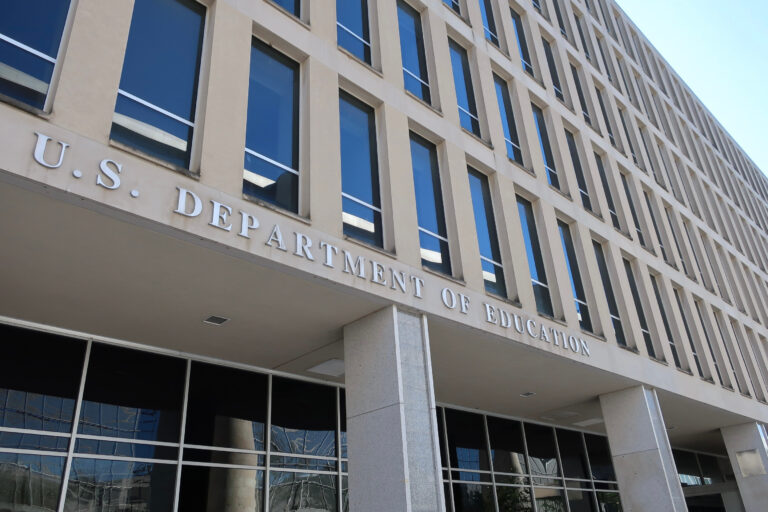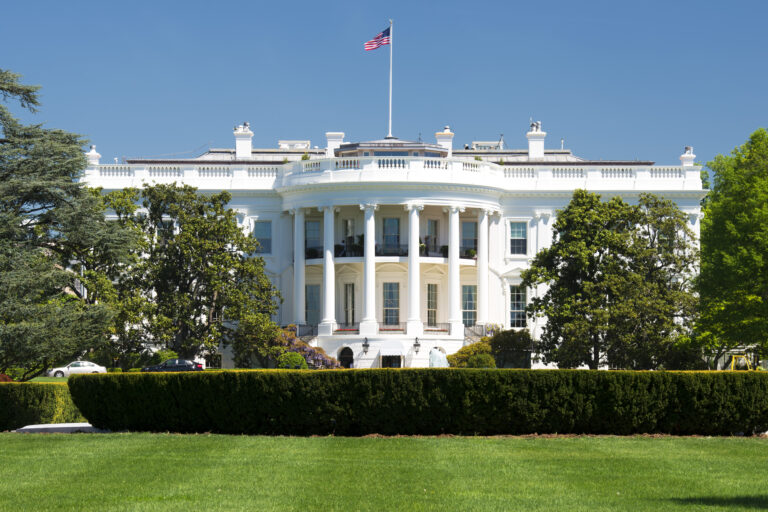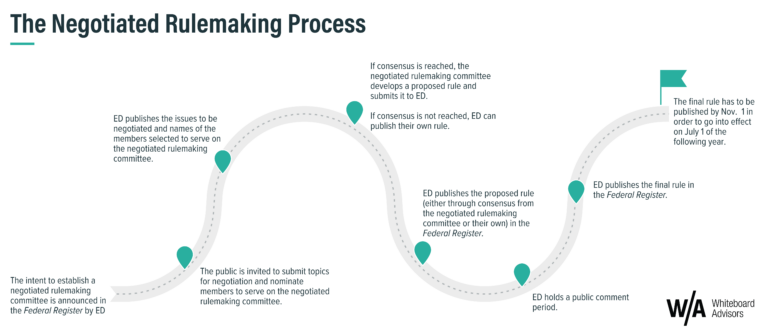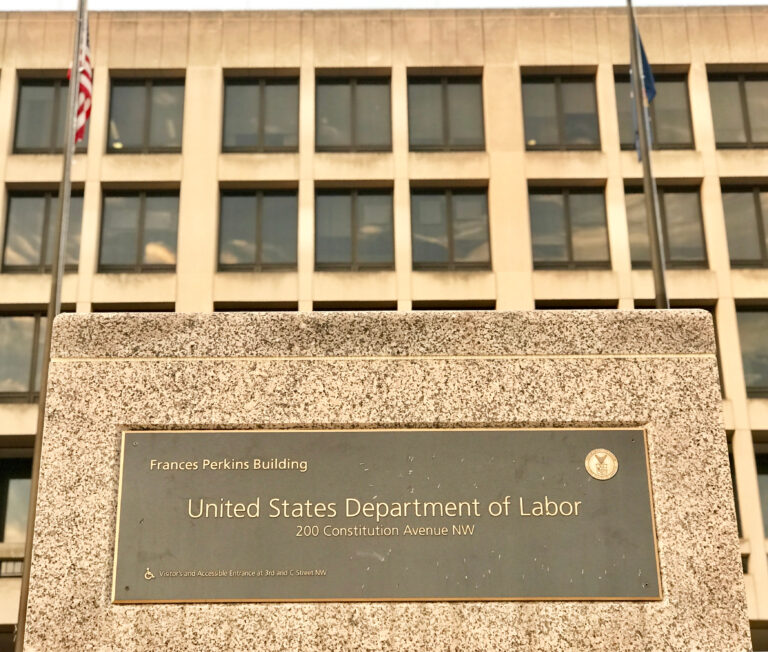It’s a question that we get a lot from both vendors – and district leaders.
And with good reason. The U.S. Department of Education has always encouraged conservative grant management practices — and there is a longstanding, clear preference for paying for goods and services only after goods are delivered or services rendered.
But federal guidance also recognizes that there are circumstances where contracted activities may continue for a reasonable time after the “liquidation date.” And ESSER is such a case.
Under recent guidance, districts can sign a multi-year licensing contract, pay for the contract before the final liquidation date – and receive services under the contract for some time after the liquidation date. (Last week, my co-founder summarized recent Department guidance on how funds can be used.)
There are, however, restrictions:
- Under no circumstances may services extend beyond four years after the obligation date of a grant. For ESSER III ($122 billion, much of which remains unspent), the obligation deadline set by Congress is September 30, 2024.
- School officials must conclude that the extension is necessary, reasonable, and does not threaten good grant management.
A clear contract is also critical. Interested in learning more? Check out this helpful Q&A created by Whiteboard Advisors’ research head, David DeSchryver. Need additional detail and clarification, reach out to the W/A Research team.




